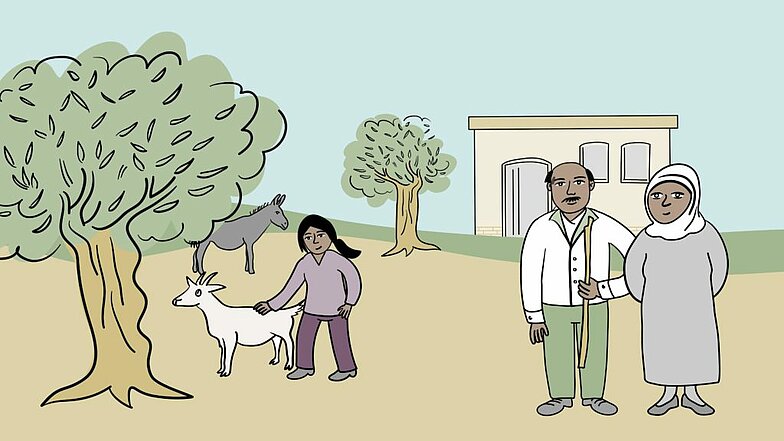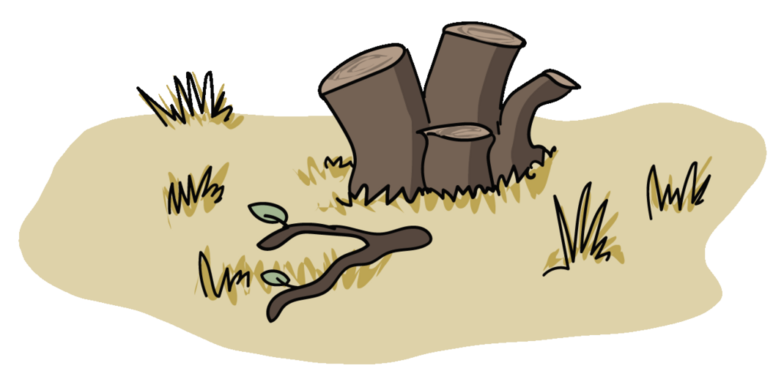Revisions of Rurality: Ecology, Conflict and Violence in a Changing Middle East

Through a focus on examples from Syria’s Afrin and Iraqi Kurdistan’s Duhok regions, this project interrogates the impacts of warfare and violence on rural ecologies in the Middle East. Over the last decades, many parts of the region have suffered from armed conflicts that have impacted human as well as non-human life. From burning crops to cut-down fruit trees, from groundwater polluted by residues of toxic ammunition to pastures turned lethal by unexploded ordnance and mines, years of violence have not only had devastating effects for the human population, but have also caused significant damage to the natural environment.
The immediacy and suddenness of wounds of war interact with more expansive temporal scales: violent conflicts cause long-lasting ecological effects through pollution, displacement and destruction. They may disrupt older ecological engagements going back decades or even centuries, inscribed in local landscapes, interlinking human and non-human actors. This project draws on past fieldwork on-site, on conversations and interviews with (displaced) residents of the abovementioned regions, and published accounts as well as social media posts and debates to ask: How have conflicts, warfare and violence transformed rural landscapes through changing patterns of land use, cutting forests and trees, or polluting water sources; how have they changed human-environment relations? How have they impacted livestock, vegetation, or wildlife - and how are these transformations experienced, reflected and debated by the affected communities? How do these transformations articulate with older trajectories of economic change, social division or political conflict, and to which extent do they constitute decisive and perhaps irreversible ruptures?
The two regions from which empirical examples are drawn are marked by political rifts that feeds on ethnic(ized) social boundaries, invoking Kurdish struggles for autonomy amidst other (Arab, Turkish) state-building projects. In these contexts, interventions into agrarian practices or land use patterns may be challenged or justified in terms of political or military expediency. Moreover, changing patterns of human-environmental relations may, in these settings, be invested with symbolic significance, as specific crops, lifestyles or practices may rhetorically be associated with ‘tradition’ and thus with particular social (ethnic) identities. Conversely, violent disruptions to rural ways of life may be regarded as jeopardizing not only individual livelihoods, but also as threatening such identities. In these settings, notions of ‘justice’ may come to matter in manifold ways, and are often invoked implicitly rather than explicitly.
Illustrations: 123comics, licensed under CC BY-NC-ND.
